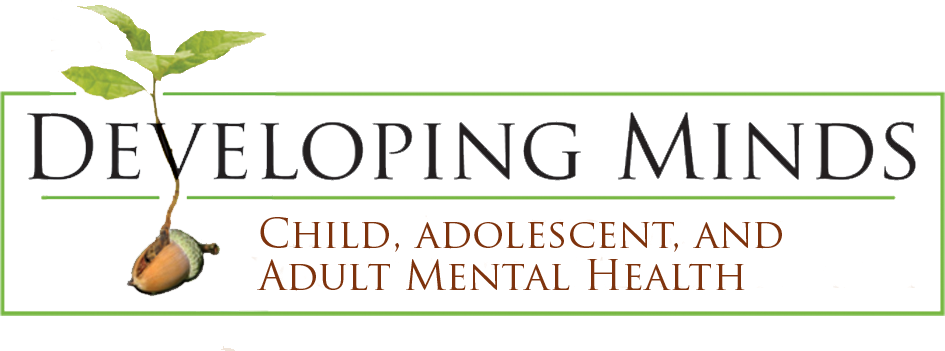Eating disorders effect the entire family, not just the individual diagnosed with the disease. Each family member deals with unique emotions and challenges as he or she journeys with the affected loved through illness and toward recovery. While parents play the role of primary caregiver, siblings play a different but often equally important role. If brothers and sisters can navigate the confusing and often disparate feelings and thoughts that come along with having an ill sibling, they can become an invaluable companion and ally to that sibling in the fight against ED.
Finding out a sibling has an eating disorder can bring up a lot of different feelings. A sibling’s first reaction might be fear or confusion, often stemming from lack of knowledge about the disease. Confusion about why this has happened to the family can lead to feelings of guilt, anger and fear. A sibling can often feel angry that the ill family member has taken priority in the family circle, or that the sibling with the eating disorder is to blame for unwelcome changes in family routines and/or the home environment in general. “Healthy” siblings can feel isolated or neglected because the majority of the parents’ time and energy is given to the “sick” sibling. Previously commonplace questions from parents, friends or teachers like “How was your day?” or “How are you doing?” can suddenly be conspicuously replaced by questions about the status of the ill sibling.
A variety of other emotions are likely to be experienced at different times as the ill sibling moves through the processes of diagnosis, treatment and recovery. Commonly experienced emotions include grief and sadness, for a variety of reasons. There are many losses that come along with eating disorders: loss of the “old” sibling relationship and loss of the way the family used to interact and function are difficult changes to seemingly unshakable institutions. It isn’t easy for family members to see loved ones in distress, and eating disorders often cause a great deal of anguish for all involved. The stress level in the home usually rises greatly when a family member is struggling with an Eating Disorder; often parents don’t have the time or energy to recognize the pressure the unaffected sibling is under. The “healthy” sibling may be even further stressed by not wanting to talk about their uncomfortable feelings with their already-burdened parents. They may feel pressured to be the “good” kid, and not cause any additional problems.
Sometimes they just have questions: Why is this happening? Is he/she ever going to get better? What can I do to help? What should I NOT do or discuss with them? Often parents feel conflicted about whether or not to involve siblings in the treatment of the affected child. There is no one “right” answer to these difficult questions, but the right treatment team can provide guidance and helpful information.

